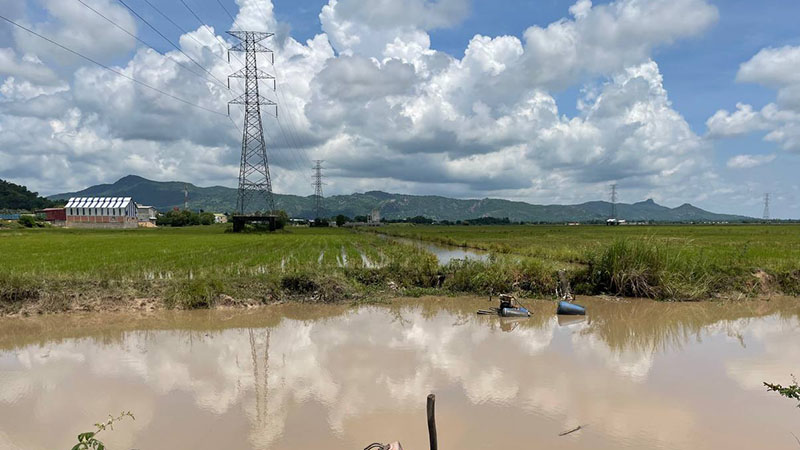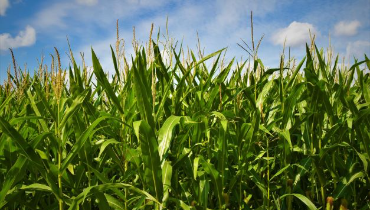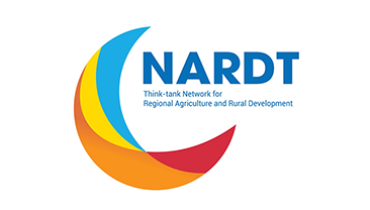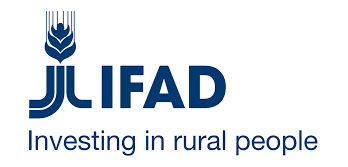Promoting Small-holder Farmers through Irrigation

More than 60 percent of Cambodia farmers grow rice, also, rice farmers mostly are smallholder suffering from low productivity, inadequate infrastructure, and vulnerability to flooding and drought. Remote smallholders might not benefit from existing irrigation system. Supported by IFAD-NARDT, the study is policy relevant which will provide evident based information of the relative benefits of irrigation to the government and development partners. Moreover, it is the first study that attempt to analyze the relative productivity, economic costs, and livelihood benefits of irrigation using econometric. Hence, our proposed study is of relevance and importance from policy point of view.
To conduct a comprehensive analysis for better understanding irrigation status and the importance of irrigation for agriculture product and to identify and provide suitable policy options addressing constraints and potential of irrigation system, various methods and approaches including desk study, expert meeting, qualitative and quantitative analyses, and consultative forum will be employed.
We plan to conduct this study in 5 provinces, representing agro-ecological zones, including Battambang, Prey Veng, Kompong thom, Kompong speu and Pursat. Apart from the qualitative data collection, we will conduct a household survey of moderate sample size. The main purpose of this household survey is to quantitatively detect benefits of irrigation vs non-irrigation using Propensity score matching (PSM).
Project Objective
The overall aim of this study is to assist the government, particularly the Ministry of Agriculture, Forestry and Fisheries in obtaining strategic options to extend irrigation theme. More specifically, the research objectives are, firstly, to assess how importance is irrigation to farming practice and productivity for smallholders. Second, to provide policy options to government to extend irrigation system.
Other Projects

Cambodia Gender and Inclusive Development Analysis...
This study aims to fill this gap in research by conducting a Gender and Inclusive Development Analysis (GIDA) combining qualitative and quan...

Cambodia's Agri-Food Trade: Structure, Challenges,...
From the early 1990s, Cambodia’s agricultural food trade was seen as exports of raw materials and unprocessed primary commodities to neighbo...

Network for Agriculture and Rural Development Thin...
The Network of Agriculture and Rural Development Think-tanks (NARDT) project is designed to form a consortium with flexible cooperation mech...

On-farm Food Safety in Horticulture in Cambodia: T...
Despite being an agrarian economy, Cambodia imported vegetables approximately 70 percent of the total domestic consumption because the com...







